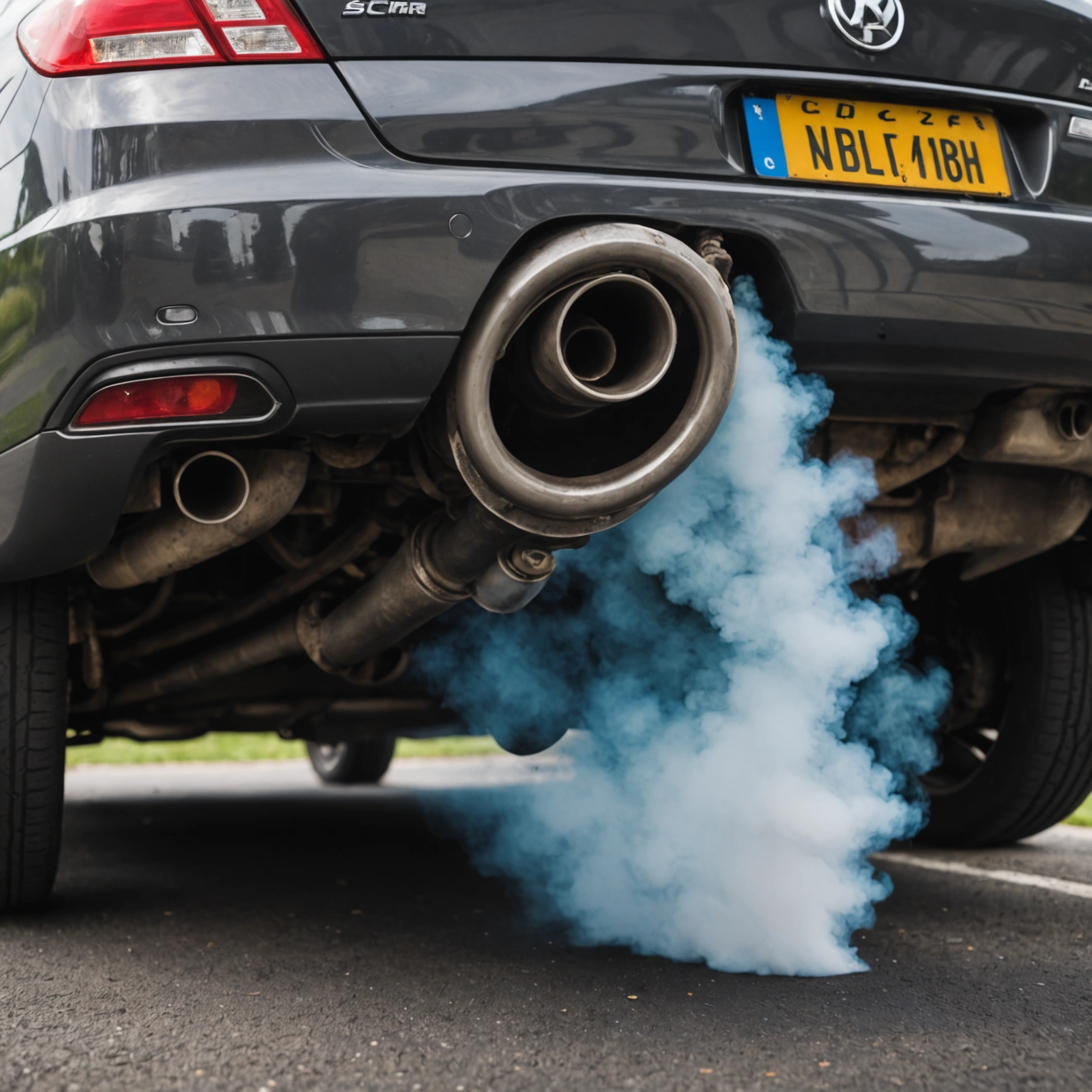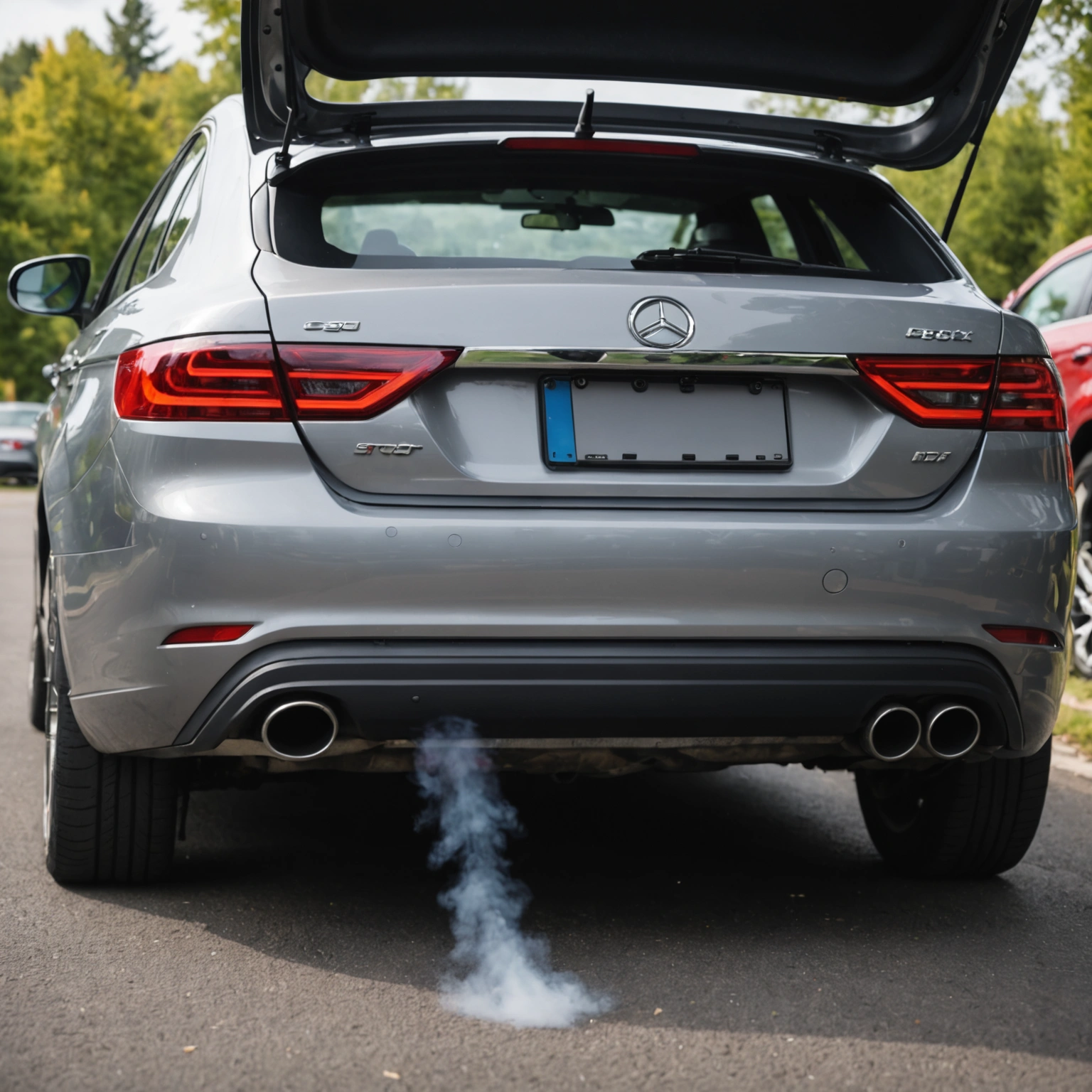**Why Does My Car Exhaust Smell Like Sulfur? Understanding the Causes and Solutions**
If you’ve noticed a strong sulfur or rotten egg smell coming from your car’s exhaust, you’re not alone. This unusual odor can be unsettling and may indicate underlying issues that need attention. Here’s a comprehensive overview of why your car exhaust might smell like sulfur, what it means, and how to address it.

### Common Causes of Sulfur Smell in Car Exhaust
1. **Burning Sulfur-Containing Fuels or Additives**

– Some gasoline blends contain sulfur compounds, which, when burned, produce sulfur dioxide (SO₂). Although modern fuels have lowered sulfur content, certain additives or fuel types can still contribute to a sulfur smell.
2. **Catalytic Converter Problems**

– The catalytic converter is responsible for reducing harmful emissions. If it’s malfunctioning or failing, it can produce a sulfur-like odor. A failing converter may also cause other symptoms such as reduced fuel efficiency or increased emissions.
3. **Fuel System Issues**

– Contaminated fuel or a malfunctioning fuel injector can lead to incomplete combustion, resulting in sulfur odors.
4. **Engine Oil or Coolant Leaks**
– Sometimes, engine oil or coolant leaks can cause burning or vaporization that produces a sulfur smell. For example, coolant leaks into the combustion chamber can lead to sulfur-like odors.
5. **Exhaust System Corrosion or Damage**
– Rust or damage to exhaust components can sometimes lead to unusual smells, including sulfur, especially if the exhaust system is corroded or leaking.
6. **Biofilm or Bacterial Growth in the Exhaust System**
– In rare cases, bacteria can grow in condensation or moisture accumulated in the exhaust system, producing sulfur compounds that cause a rotten egg smell.
### When to See a Mechanic
While some causes are benign, a persistent sulfur smell should be checked by a professional. Specifically, seek mechanic assistance if:
– The smell is accompanied by poor engine performance.
– You notice increased emissions or a check engine light.
– There’s visible damage or corrosion in the exhaust system.
– You’re experiencing other symptoms like excessive exhaust smoke.
### How to Address the Issue
– **Use High-Quality Fuel:** Switching to reputable fuel brands with lower sulfur content can reduce sulfur odors.
– **Inspect and Replace Faulty Components:** Ensure the catalytic converter, oxygen sensors, and other exhaust components are functioning properly.
– **Check for Leaks:** Have a mechanic inspect for leaks in the exhaust system, engine oil, or coolant.
– **Regular Maintenance:** Keep up with scheduled engine tune-ups, oil changes, and emissions testing.
### Final Thoughts
A sulfur smell from your car’s exhaust can stem from various causes, ranging from minor issues like fuel additives to more serious problems like catalytic converter failure. Addressing the issue promptly ensures your vehicle remains efficient, environmentally friendly, and safe to drive.
If the smell persists or worsens, consult a trusted automotive technician to diagnose and resolve the underlying problem effectively.

